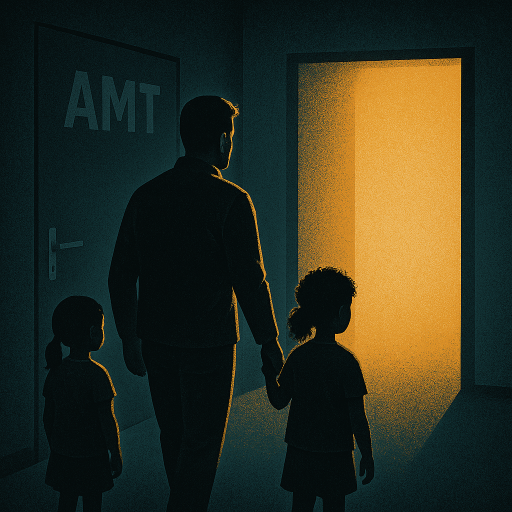After months, if not years, of silence from German authorities, I began to lose hope. The institutions had confirmed my fatherhood, acknowledged the children’s situation, and still left us trapped. So I turned elsewhere.
I began looking for people — not systems.
Beyond Bureaucracy: The First Signs of Understanding
I contacted lawyers. Many of them gave up after a few weeks, saying my case was too complex.
I contacted legal clinics, family support networks, social workers. Some listened. Some tried. But most were also bound by the same rules that had failed us.
Then I contacted the Greek Ombudsman.
To my surprise, they didn’t turn away.
They asked questions.
They reviewed documents.
They followed up.
They saw my children as humans first — not just “cases” without papers.
One Office That Took Responsibility
The Greek Ombudsman confirmed something I had long suspected but never dared to say: Germany has a moral and legal responsibility to resolve this. Not Greece. Not me. Germany.
Because Germany had allowed the mother to stay with a fake identity.
Because Germany had blocked the final steps toward Greek citizenship.
Because Germany had taken jurisdiction through the court, but refused to act as guardian.
It was the first time I felt someone had truly understood the trap I was in.
When Law Needs Empathy
What the Greek Ombudsman couldn’t do was fix the situation alone. But they gave me clarity. They gave me strength. And most of all, they reminded me that not all institutions are blind.
Some do still believe in justice — and act on it.
🡒 In the next article, I’ll describe how I finally decided to pursue German citizenship for myself — as the only remaining legal path to help my children.

